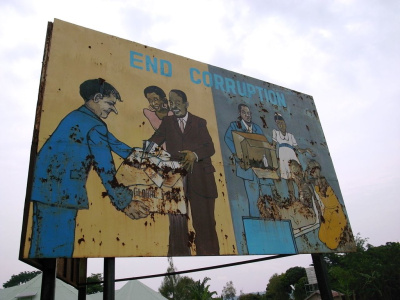
Understanding illicit financial flows and efforts to combat them in Europe and Africa
Over the past two decades, illicit financial flows (IFFs) have emerged as a key issue for discussion in international taxation and development. The loss of trillions of resources for public use has become a matter of major concern everywhere, not least because it hinders the achievement of the Sustainable Development Goals. In this paper, we analyse policy dynamics and look into the dilemmas relating to IFFs, in particular in Africa and Europe, to understand how to step up the game in fighting IFFs and favour development.
Summary
There is no unanimous definition of what IFFs are, although they stand prominently on the international agenda. Defining them is important as it influences the way we talk about them, their legal qualification, the data available to better understand this phenomenon and, ultimately, the impact of efforts to fight them. Quantifying IFFs is problematic and so is prioritising types of flows to counter.
Different types of IFFs have a different range of impacts, some of which are far from straightforward. However, the international community agrees that IFFs have mainly extremely negative repercussions on countries.
Numerous policy factors and incentives determine their existence. As a result, all countries will need to mobilise politically and seek policy coherence arrangements to reduce IFFs (as suggested by SDG 16)
The African Union (AU) has developed in recent years a work stream on IFFs, with limited implementation so far. The European Union (EU), meanwhile, is proactive in fighting those IFFs that undermine its own tax base but does not prioritise these with its efforts towards international development. We offer a set of recommendations as well as an inventory of past European and African approaches to IFFs.




